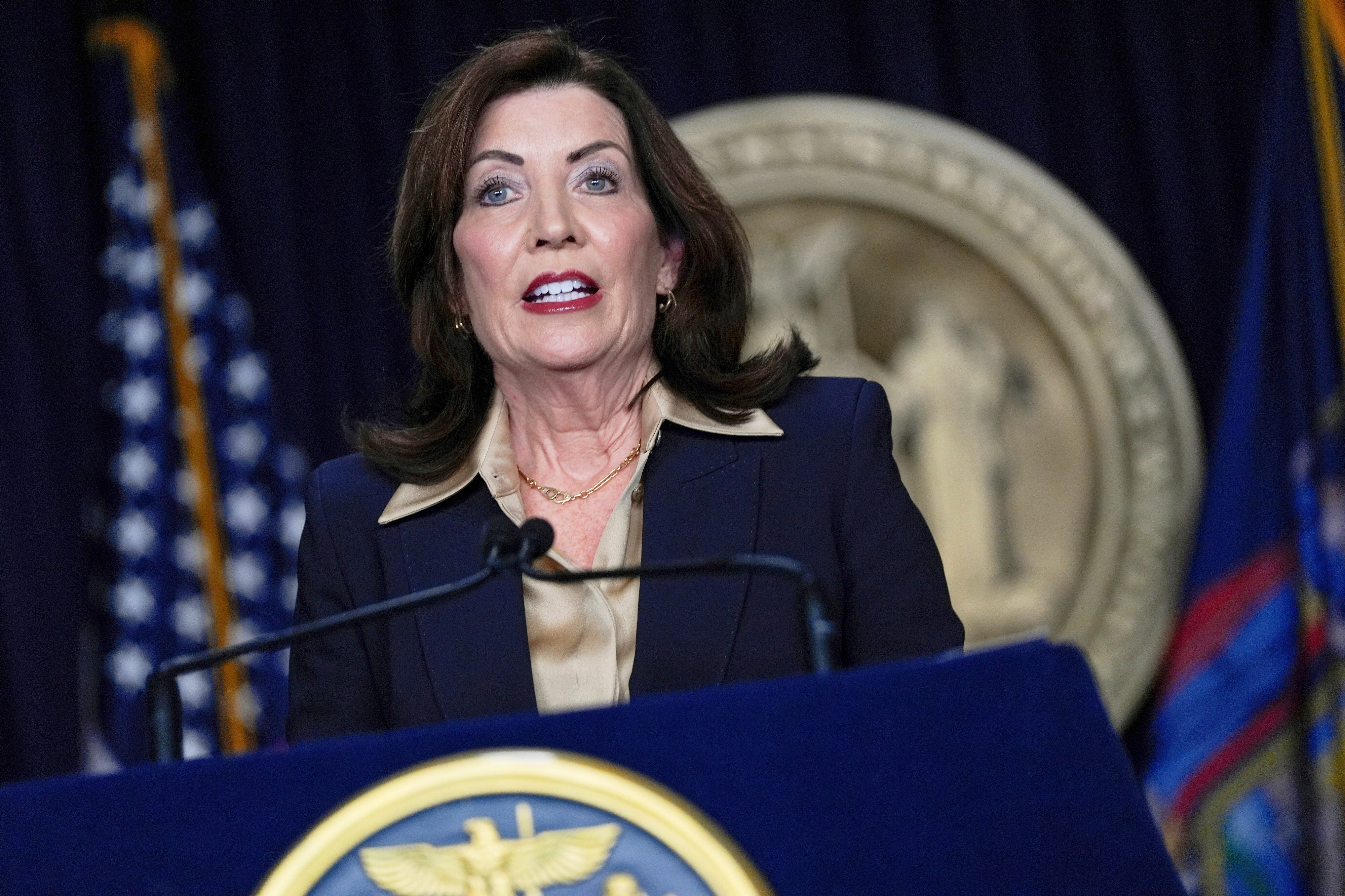During his confirmation hearings in January, Robert F. Kennedy Jr. made senators a promise: that he would not take actions to restrict access to vaccines.
Seven months into his tenure as Health and Human Services secretary, the pledge appears to be looking increasingly tenuous.
RFK Jr., a vaccine skeptic, has implemented sudden regulatory changes that have divided the country along party and regional lines, leaving public health experts warning of unprecedented confusion as states stray from the Trump administration’s guidelines.
No agency under RFK Jr.’s leadership has been more disrupted than the Centers for Disease Control and Prevention, which traditionally recommended vaccines for Americans.
In June, all 17 members of its independent advisory panel on immunization were dismissed and replaced with several known vaccine skeptics. RFK Jr. claimed the reshuffle was necessary “to re-establish public confidence in vaccine science.”
He also cancelled $500 million in federal funding for mRNA vaccines being developed to counter viruses that cause diseases such as the flu and Covid-19. By late August, the CDC’s former director, Susan Monarez, was removed from her post just weeks into the job.
Meanwhile, the Food and Drug Administration narrowed its approval of updated versions of Covid-19 shots for people under 65 to those with at least one underlying condition. No one else is eligible for – even those living with a high-risk individual.
As virus season rapidly approaches, states have been left in flux. Some officials, clinicians and insurers have been mobilizing behind the scenes to preserve access to vaccines; others appear to have done the opposite.
Last Wednesday, a day before RFK Jr.’s contentious Senate Finance Committee hearing, Washington, Oregon, California and Hawaii announced they would band together as the West Coast Health Alliance to issue vaccine recommendations of their own and counter the “destruction” inflicted on the CDC.

The new coalition of Western, Democratic states is intended to provide residents with scientific data about vaccine safety and efficacy, and to issue guidance on vaccines for respiratory illnesses like Covid-19 and the flu, and a variety of childhood immunizations.
Hours later, Florida announced it would become the first state to abolish school vaccine mandates, seemingly at odds with Florida parents, who, according to a recent KFF-Washington Post poll, expressed overwhelming support for childhood vaccine requirements.
Spearheading the shift, Florida Surgeon General Joseph Ladapo denounced mandates as a violation of bodily autonomy and declared during a Tampa news conference that “every last one of them is wrong and drips with disdain and slavery.”
Florida Governor Ron DeSantis also endorsed the plan, though it was not clear whether it would require legislative input.

Elsewhere, states have stepped in the opposite direction.
Officials in New Mexico, Massachusetts, Pennsylvania and Colorado have issued orders that allow pharmacies to administer Covid-19 vaccines without prescriptions.
Massachusetts Gov. Maura Healey on Thursday ordered insurers to cover all immunizations recommended by the state Department of Public Health – from routine childhood shots to measles – regardless of whether they carry federal endorsement.
New York Gov. Kathy Hochul joined the Democrat-run states in signing an executive order last Friday to protect near-universal access to Covid-19 vaccines in the state. The declaration of disaster is in effect until October 5 and will allow pharmacists to administer vaccines for the virus to patients ages three and up.

In Minnesota, Gov. Tim Walz signed a similar executive order on Monday to preserve access to Covid-19 vaccines.
The New Jersey Department of Health went a step further Wednesday, expanding access to vaccines for the disease for anyone six months of age or older.
Virginia Health Commissioner Karen Shelton also cleared the way Wednesday for adults aged 65 and over and those with certain medical conditions aged 18 to 64 to receive coronavirus vaccines in pharmacies without needing a prescription.
Illinois remains undecided: its health department continues to consult medical experts and expects to issue formal guidance by the end of September.
“In the absence of federal leadership, we will have 50 states doing 50 different things,” Kyle McGowan, a former chief of staff at the Centers for Disease Control and Prevention during the first Trump administration, told the Washington Post.
“We saw this during the early stages of Covid-19 as well with states just doing what they hoped was right because of the chaos at the federal level.”
Fired CDC director who clashed with RFK Jr over vaccines set to testify in Senate
RFK Jr.'s latest 'Make America Healthy Again' report calls for more scrutiny of vaccines and autism
Kennedys at war as RFK Jr’s sister and nephew call for him to resign as health secretary
Trump administration to award a no-bid contract on research into vaccines and autism
Trump team set to announce link between 25 child deaths and Covid shots: report
States are taking steps to ease access to COVD-19 vaccines as they await federal recommendation







